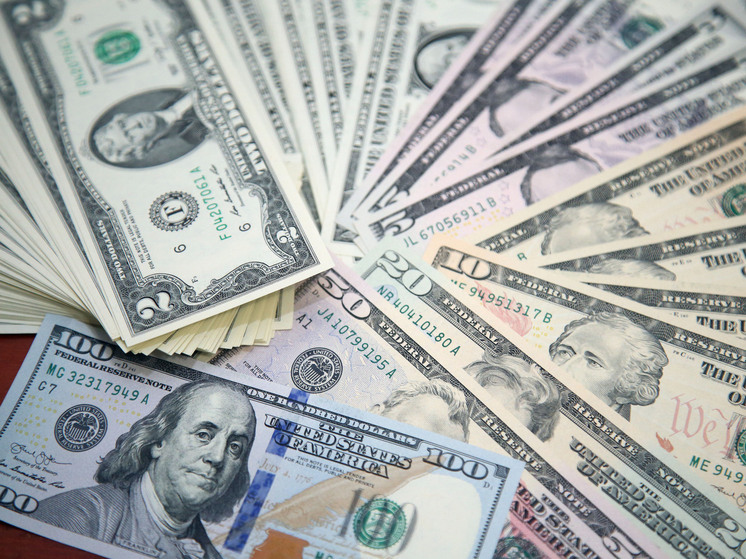Expert Yushkov outlined the conditions under which the oil price cap would inflict real damage on the Russian economy.

As reported by Politico, in June, European Commission head Ursula von der Leyen proposed lowering the price cap to $45 per barrel, but this idea was later abandoned due to uncertainty in the Middle East. However, Estonian authorities stand firm, considering this restriction «the strongest part of the sanctions package.»
Recently, Slovak Prime Minister Robert Fico stated that Bratislava would not support the 18th package unless the European Commission offers a real solution to the energy situation. He also noted that he remains a supporter of continued energy supplies from Russia to EU countries, as stopping them would negatively impact energy prices and European competitiveness. In turn, German Chancellor Friedrich Merz recently called on the Slovak leadership to cease resistance and «open the way for the 18th package.»
Igor Yushkov, an expert at the Financial University under the Government of the Russian Federation, believes the inclusion of the $45 price cap clause in the new sanctions package is highly unlikely. He explains that this rule was initially initiated and adopted by EU countries through a unanimous decision. Later, G7 states – the USA, Canada, Australia – joined it. Therefore, the question arises: if something is to be changed, can it be done this time without the approval of individual EU members and the United States? He thinks not. In Washington, the price cap topic is not discussed at all; the agenda there is the adoption of a bill by Senator Lindsey Graham, recognized in the Russian Federation as an extremist and terrorist.
According to this bill, the president is given the right to impose import duties of 500% on goods from countries purchasing Russian oil. But Trump is unlikely to use this opportunity, even if Congress approves the document. Overall, the positions of the EU leadership and the United States administration differ significantly regarding sanctions on the Russian energy sector.
When asked what Estonia is trying to achieve, the expert replies that neither it nor other Baltic states have a strong voice in EU political structures. They make their statements, rather, for image purposes: supposedly, they are the most zealous fighters against Moscow and call for increased pressure on it. The problem with lowering the price cap is as follows: everyone understands that the measure in its current form, with the $60 per barrel limit, does not work as intended, meaning it won`t work properly at $45 per barrel either. However, the cap still prevents Russia from exporting raw materials more efficiently. Without it, the number of tankers available for transporting Russian oil would increase, competition among them would be higher, and delivery costs lower. As it is, we have to use a shadow fleet.
I would also note that the presence of a price cap (especially at $45 per barrel) could gain real significance if the EU decides to block the Danish Straits for tankers included in the sanctions lists. Then it would be impossible to import oil through the Baltic Sea using the shadow fleet, and it would be necessary to turn to the services of shipowners adhering to the price cap rule. Europeans could say: «Please use the regular fleet, not the shadow one, and we will let you through». In that case, yes, lowering the cap to $45 per barrel would be a fully justified, logical step. Currently, we mostly fit within the current parameters for purely market reasons, as world oil prices have fallen to about $70 per barrel, and the Russian Urals grade is trading at a discount (about $10) around $60 or lower.
According to the Ministry of Finance, Russia`s oil and gas revenues decreased by 16.9% in the first half of the year. What will happen to them next?
The price cap has nothing to do with this. Let me remind you, the situation is related to the fact that world oil prices significantly dropped in early April when Trump announced his duties, and OPEC+ alliance participants announced an increase in production quotas. However, if we look not at this relatively short period, but at the dynamics within the first half of the year, we will see that the situation is improving. We hope that prices will return to the $70–80 per barrel corridor and stabilize there.











